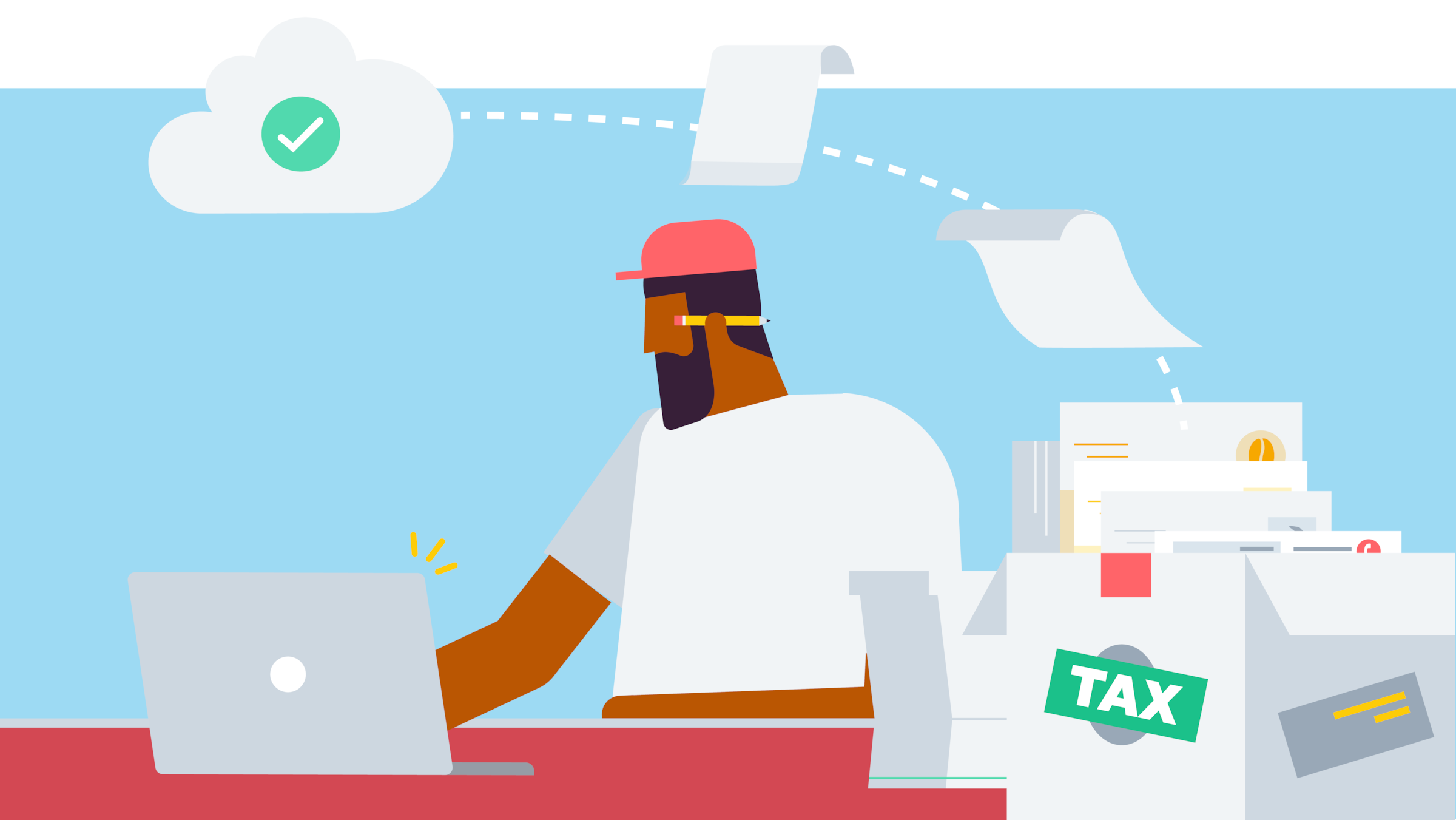What is GST and how does it work?
Not clear on your GST commitments? Don’t stress. It’s not as tricky as you might think. Here’s what to focus on.

1. Do you need to register for GST
Yes, if yearly turnover is $75K or more.
(It’s also compulsory if you want to claim a fuel tax credit, or you're a taxi or ride-sharing driver.)
Optional if yearly turnover is less than $75K.
2. Registering for GST
You can register online with the ATO. You’ll need an Australian business number (ABN).
3. Adding GST to your prices
Old price x 1.1 = GST inclusive price
4. Issuing tax invoices
You need to be able to issue tax invoices (include those words), with extra details like:
- the seller’s name and ABN
- notes showing GST has been charged
5. Recording GST
Keep a running tally of the GST you’ve collected on sales.
Do the same for the GST you’ve paid on purchases.
You’ll use these numbers to figure out your GST bill or refund at step 6.
*You will most likely collect more than you pay.
6. Preparing a BAS (business activity statement)
Figure out your GST bill (or refund).
$2819.74 – $1342.87 = $1476.87 (Money you owe the ATO.)
Include this in your BAS and lodge it online with the ATO.
GST tip
Think of GST as money you’re collecting for the ATO. Treat it as their money and you won’t get caught short.
7. GST due dates
Most businesses lodge quarterly. You can check due dates on the ATO website.
Make GST less taxing
Learn how software can help with GST invoicing, accounting, and BAS lodgement.
Get this infographic and bonus ebook
Download our 'GST cheat sheet' infographic, and get a bonus ebook about GST.
Start using Xero for free
Access Xero features for 30 days, then decide which plan best suits your business.